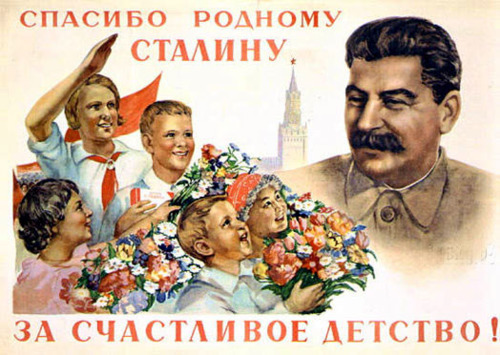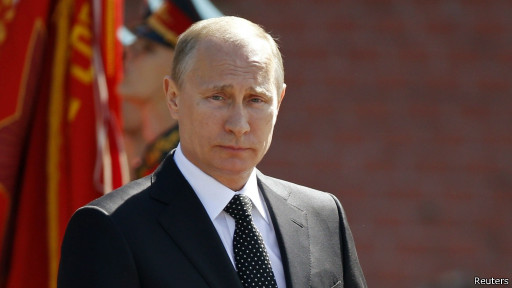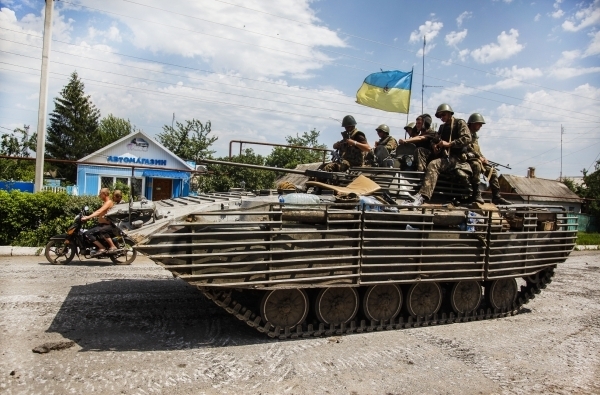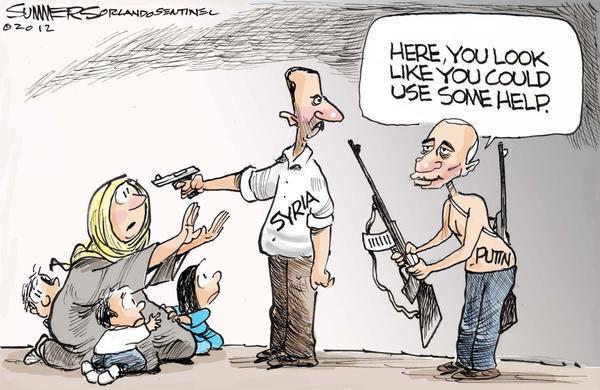Not satisfied with the three-year moratorium imposed by St. Petersburg governor Georgy Poltavchenko on changing street and other place names in the northern capital, the city’s legislative assembly is preparing a law that would permanently ban any such changes, including the replacement of Soviet-era names with tsarist-era ones. This development is in a sharp contrast to Ukraine’s state-wide de-Sovietization efforts, when 871 cities, towns and villages are freeing their names from the Soviet legacy by the National Day of Freedom and Dignity on November 21, 2015.
Boris Vishnevsky, one of the city’s legislators, says that if the law is approved – and it has the support of the city administration – it will become “impossible to change the names of streets named in honor of people and events connected with the organization of political repression, terrorism and extremism.”
Among the toponyms that could not be changed would be Bela Kun Street, named in honor of the Hungarian revolutionary. Vitold Zalessky, a member of Memorial, is among those who have sought the restoration of the pre-Soviet name for that avenue lest people have to see the name of a terrorist every day.
Any such name changes are among the most controversial issues in Russia today. Perhaps only the possibility of removing Lenin’s body from the mausoleum on Red Square is more so. Some object to the cost of changing names, while others insist that a new Russia should not be in the business of advertising Soviet heroes.
According to a commentary on one Russian Orthodox and nationalist site, “it is a good thing that St. Petersburg already succeeded in ceasing to be Leningrad; otherwise, raising that question would be under bans. But it is characteristic,” it added, “that we are indebted for this to the liberal Sobchak and not to the Orthodox Poltavchenko.”
That concluding line in the commentary in fact points to something that helps to explain what is happening: the hierarchy of the Russian Orthodox Church not unexpectedly has fallen in line with Vladimir Putin’s defense of Soviet times and Soviet place names in behalf of the continuity of Russian history, a defense that even many Orthodox Russians find excessive.
One who does is Archdeacon Andrey Kurayev, an independent and outspoken Orthodox thinker. In a blogpost recently, Kurayev pointed out that “Soviet power began with revolutionary terror and the sharpening of class war” and that as a result, the patriarchate is wrong to speak about “’solidarity’” in Soviet times.
Not surprisingly, that criticism both of Patriarch Kirill and of Putin’s defense of the Soviet past has generated outrage among the patriachate’s subordinate churchmen. The reactions of three of them have been surveyed by Regions.ru.
Archpriest Aleksandr Dobrodeyev, the deputy head of the Patriarchate’s department for work with the armed forces and law enforcement agencies, led the charge. “In the history of humanity,” he began, “there have been a very large number of various formations. There were times of blessing, times of tyranny and times of atheism.”
“Of course,” Dobrodeyev said, “during the Soviet period, there was a very great deal of the bad, but despite all that, even in those most difficult conditions, the Church prayed. Although only a few hundred churches were open in the country, all the same prayer continued” and kept faith alive.
“I think,” he said, “the chief achievement of the Church under all these conditions is that we did not get angry and did not condemn anyone. Condemnation is not a task of the Church; it is the affair of politicians, ideologues and others.” The Church thus should not condemn the Soviet past but rather “show the force of the spirit of the people which overcame everything.”
Archpriest Aleksandr Kuzmin of the Kosma and Damian Church in Shubino, suggested that “the Soviet Russia existed on the foundations of the Russian Empire, of the 1000-year-old Russia.” Moreover, he continued, “Russia is moving along a path which was set by God from the time of the baptism of Rus,” and the Soviet period is one part of that.
And Archpriest Svyatoslav Shevchenko of the Blagoveshchenk Cathedral noted that “the Holy Patriarch said that we can take the best from the Soviet era,” not everything. And Father Svyatoslav suggested there was a great deal of good from that time: including schools, Pioneer camps, and organizations to promote patriotic feelings.







